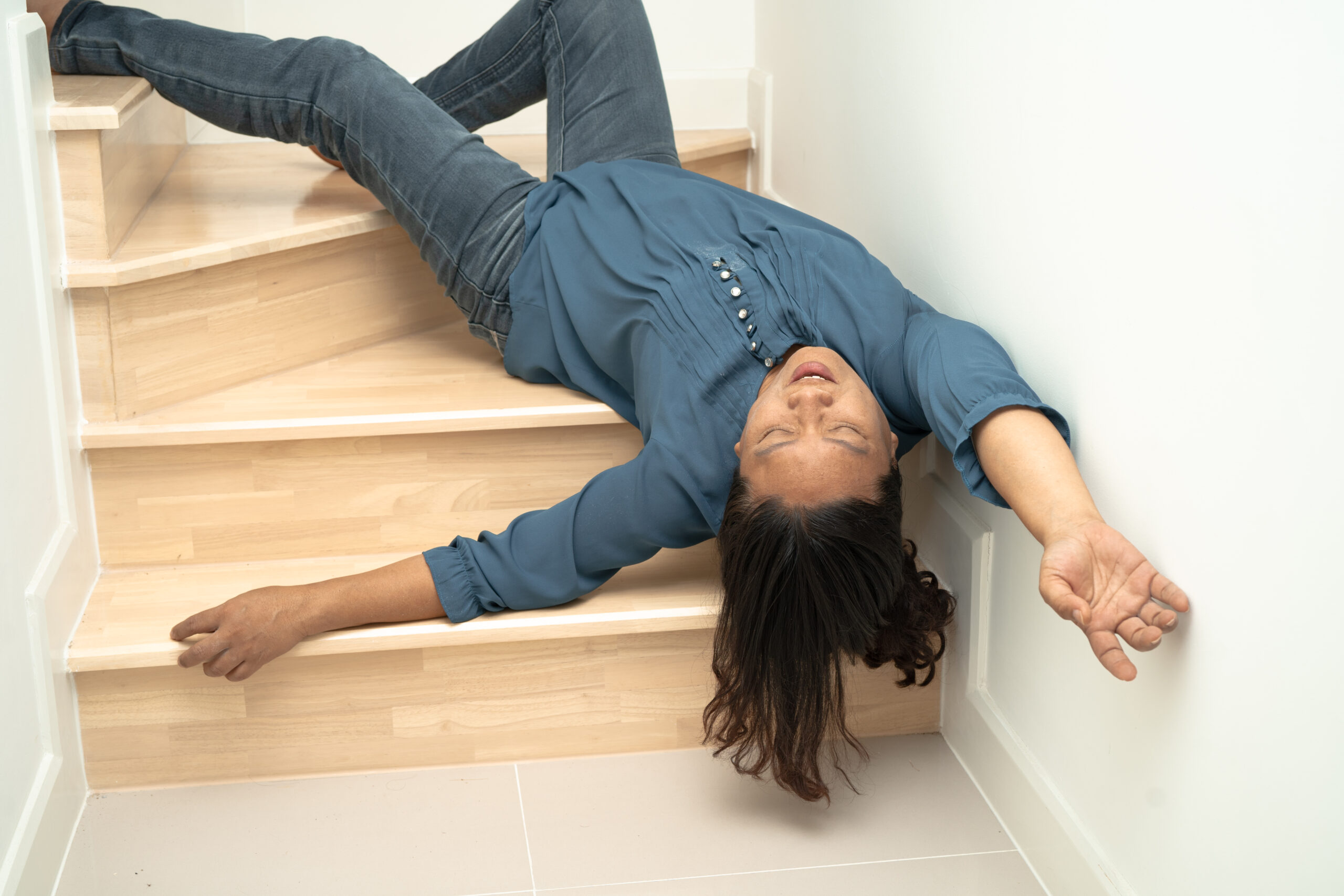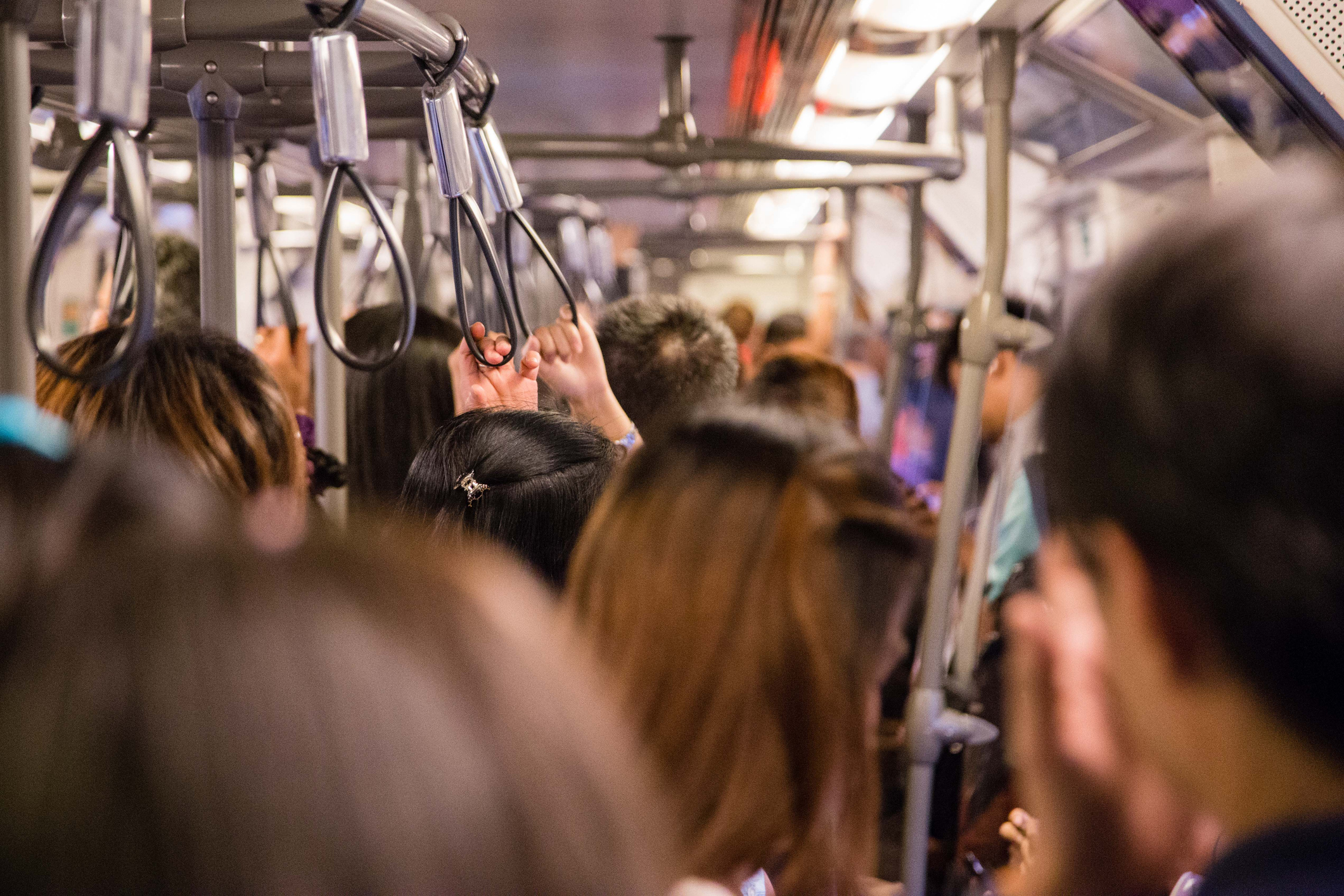Slipping and falling is painful and embarrassing at best; at worst, it can threaten long-term health or even your life. As we’ve discussed, falls are no joke—they put hundreds of thousands of people in the hospital every year. Even medical bills for minor injuries can be enormous, and more complex or severe injuries can incur expenses for years. But if you have been injured at someone else’s home, business, or land, you may have a right to compensation.
“Premises liability” means responsibility for injuries on another party’s property. In California, a property holder may be liable for injuries on the property if they were negligent—that is, if they did not use “ordinary care or skill” in caring for the property. See Cal. Civ. Code § 1714. That responsibility is often the landowner’s, but it might also belong to a tenant or anyone else in control of the property.
Premises Liability Law in California
To make a successful premises liability claim in court, a plaintiff has to prove that:
- The defendant owned, leased, occupied, or controlled the property where the injury happened;
- The defendant was negligent in their maintenance or use of that property;
- The plaintiff suffered an injury that caused damages, and
- The defendant’s negligence was a “substantial factor” in causing those damages.
(Judicial Council of California Civil Jury Instructions No. 1000)
A property holder can be liable if there was an unsafe condition on the property, creating an “unreasonable risk of harm,” and:
- They knew or should have known about the condition by taking “reasonable care” of the property, but
- They did not repair it, warn about it, or take steps to protect others from it.
In other states, liability may depend completely on why the injured person was on the property in the first place. For example, a trespasser might not be able to recover damages at all. However, in California, the court will ask whether a property holder used “reasonable care” in taking care of their particular property. This will depend on the circumstances. What kind of property was it? Where was it located? How likely was it that people would be present there? How likely was it that they could be hurt?
Property holders can raise legal defenses to reduce or eliminate their liability. The law states that property holders are liable for injuries “except so far as the [injured person] has, willfully or by want of ordinary care, brought the injury upon himself or herself.” See § 1714. If the unsafe condition that caused the injury was “open and obvious,” or the injured person was previously aware of it, they were responsible for avoiding it. If the injury happened through misuse of the property, that was also the responsibility of the injured person.
How Does Compensation for an Injury Work?
California has a “pure comparative fault” system for recovery in personal injury cases. This means that when a claimant is partly responsible for their injuries, their damage claim is reduced by their own fault in the accident, expressed as a percentage. For example, if a claimant were found to be 10% responsible for their slip-and-fall injury, they would still be able to recover 90% of their damages.
Under the law, a court determines the percentage of fault that each party bears. In practice, though, few personal injury claims actually end up in court. Instead, claimants file against the liability insurance carried by the business or homeowner. Insurance settlements are quicker and less expensive for everyone involved than court proceedings would be.
However, that means that the percentage of fault is asserted in a report by an insurance adjuster, who generally works with an eye toward offering little or no compensation for the accident. Insurance companies know that claimants need money soon, and they may try to offer unfair settlements that do not meet a claimant’s needs, including possible future medical complications.
An experienced personal injury attorney can protect the claimant’s rights. They know how to challenge unjust statements and conclusions in an insurance company report. Personal injury attorneys often work on contingency, which means they are not paid unless and until their client is. They can investigate the accident, handle communications with the insurance company and other parties involved, and manage settlement negotiations.
Where necessary, the attorney can represent the claimant in a lawsuit against the insurance company or property holder. But insurance companies know very well that they must take attorneys seriously. Studies have shown that claimants with personal injury attorneys are more likely to receive settlements than those without attorneys. On average, they also receive larger payouts.
What to Do Next
Anyone who has been injured on another party’s property should do their best to document the situation, which involves:
- Taking photos of the accident site, when possible
- Making notes of the situation, such as the exact time, the weather, and other important conditions
- Getting a medical exam right away to catch hidden injuries, if any, and document what happened
The state of California places a two-year time limit on personal injury claims—and it is only six months if the claim is against a government agency. It is vital to seek representation as soon as possible. Our San Fernando Valley personal injury attorneys will be glad to discuss your slip and fall injury with you. Call us today at (818) 369-3270 to schedule a free initial case review in our Encino offices.





